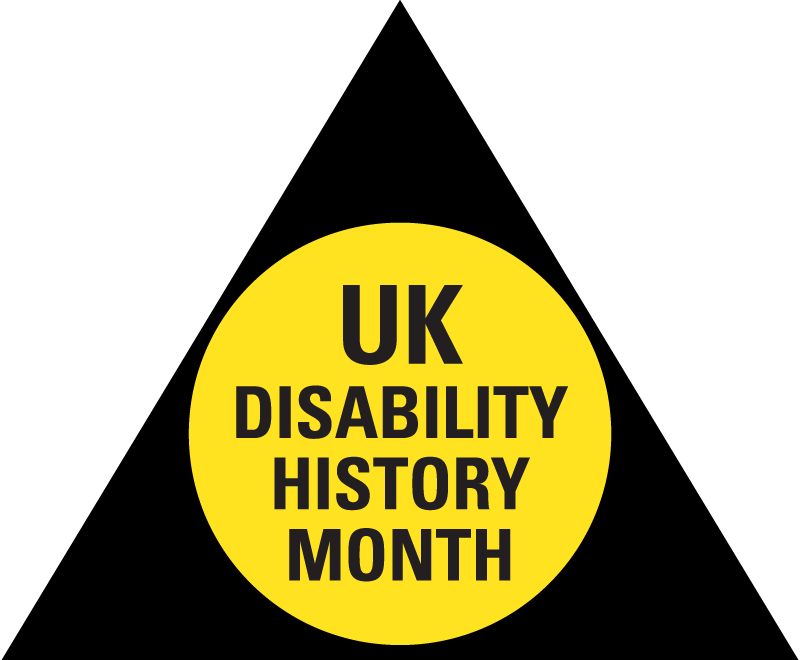Day Conference Saturday 6th December 2014, 10am to 4pm
Room 3D, Students Central, Malet Street, London WC1E 7HY
War and Impairment :The Social Consequences of Disablement
Speakers:-
Neil Faulkner ‘Industrialised slaughter: how the world went mad in 1914’
Roddy Slorach ‘A Brief History of Disabled War Veterans’
Kate Macdonald ‘Seeing Disability in British First World War popular culture’
– Lunch –
Pieter Verstraete ‘Commemorating the disabled soldier – tales from the unknown’
Emmeline Burdett ‘The Portrayal of the Disabled Soldier in Wilfred Owen’s poem Disabled (1917)
Richard Rieser ‘The Social Impact of Impairment and War in the Majority World’
Chair Paula Peters (DPAC)
Each presentation will be followed by discussion.
Book your place at info@ukdhm.org or rlrieser@gmail.com
Fee £5 on door or £2 unwaged. Lunch Provided

Bio of speakers
Neil Faulkner is a leading First World War archaeologist, a research fellow at Bristol University, and co-director of field projects in Britain, Jordan, and Slovenia. He works as a lecturer, writer, editor, and occasional broadcaster. An independent revolutionary socialist and activist, he is the author of ‘A Marxist History of the World: from Neanderthals to neoliberals’ and ‘No Glory: the real history of the First World War’.
Roddy Slorach first became involved with the disability movement in 1990 while still living in Glasgow. A longstanding socialist and trade union activist, he works in higher education and is a member of the Disabled Members Standing Committee with the University and Colleges Union. Roddy is currently writing a book on the history and politics of disability
Kate Macdonald ‘Kate Macdonald teaches English literature at Ghent University, Belgium, and is the author of many books, book chapters and articles on 20th-century British popular culture and literary history. She is a visiting research fellow at the Bodleian Library, University of Oxford, for autumn 2014-15, working on a project investigating depictions of physical impairment in British popular culture during the First World War.’
Pieter Verstraete is associate professor History of education at the Research Unit Education, Culture and Society of the Faculty of Psychology and Educational Sciences of the KU Leuven (Belgium). In his research he focuses on 1/the history of rehabilitation 2/the role played by emotions in the history of education 3/the educational history of prevention in the context of TBC, leprosy, polio and aids/hiv and 4/ the historical links between art, education and disability. He just co-authored a book on the history of Belgian invalid soldiers during the Great War (Dutch & French: Verminkte stilte/ Le silence mutilé) and is now working on a publication that will focus on the history of Belgian disabled veterans in the Inter-war period.
Dr Emmeline Burdett gained her PhD from University College London in 2011. She is an associate of the Centre for Culture and Disability Studies (CCDS) at Liverpool Hope University, and a book reviewer for H-Disability, which is part of H-Net, an online humanities resource run by Michigan State University. In addition she sub-edits for Disability Arts Online, and edited a number of chapters of Dr Colin Cameron’s book Disability Studies: A Student’s Guide. She contributed a chapter on Eugenics to the same book, and has also written a chapter for Dr David Bolt’s forthcoming book Changing Social Attitudes towards Disability. Her interests include disability and bioethics, and portrayals of disability in the arts.
Richard Rieser is the coordinator of UKDHM www.ukdhm.org and a consultant, writer and trainer on disability equality and inclusive education which he carries out through World of Inclusion Ltd www.worldofinclusion.com . Richard is a disabled activist, campaigner, teacher, writer and film maker and over the last 30 years has run a wide number of projects aimed at developing inclusion and greater disability equality in the UK and around the world. Through UKDHM he hopes to develop greater understanding of our struggles against oppression in the past to help achieve equality today and in the future.

2 thoughts on “6th December
UKDHM Day Conference, London”